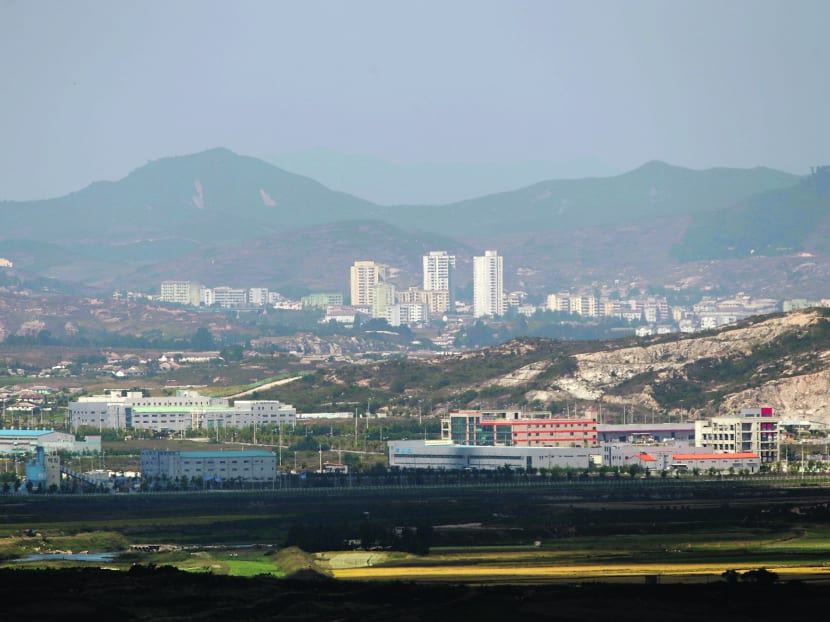N Korea test-fires missiles in anger
SEOUL — North Korea yesterday launched two ballistic missiles into the sea from a city near its border with South Korea, the latest in a series of test-firings seen as expressions of anger over the North’s failure to win talks on receiving outside aid and over joint United States-South Korean military drills.
SEOUL — North Korea yesterday launched two ballistic missiles into the sea from a city near its border with South Korea, the latest in a series of test-firings seen as expressions of anger over the North’s failure to win talks on receiving outside aid and over joint United States-South Korean military drills.
The missiles, believed to be of Scud variations, were fired from the North Korean city of Kaesong and had a range of about 500km, said a South Korean military official, who spoke on condition of anonymity.
The missile launches prompted Japan to lodge a protest with Pyongyang, the Japanese government said. The missiles, launched between 12.20am and 12.30am (Singapore time) on Saturday, splashed into waters separating Japan and the Korean peninsula, Japan’s Defence Ministry said.
“This is a clear violation of United Nations Security Council resolutions,” Japanese Chief Cabinet Secretary Yoshihide Suga said. “The government made a protest through diplomatic channels in Beijing.”
There were no damages or casualties from the firing, Mr Suga said.
North Korea experts said it was highly unusual for Pyongyang to fire missiles from a city only 20km from the heavily fortified border separating the two Koreas. The North usually test-fires missiles launched from its eastern port city of Wonsan, about 130km from the border.
“It is remarkable that missiles were fired from Kaesong, a symbol of North-South cooperation,” said Professor Yang Moo-jin of University of North Korean Studies in Seoul. The jointly-run Kaesong Industrial Complex brings together South Korean-owned companies with North Korean labour. “Such action can (raise) tensions as it suggests that these missiles ... can target the entire Korean Peninsula.”
North Korea regularly conducts test-firings, but there has already been an unusually large number of launches this year. South Korean officials have confirmed about 90 test-firings of missiles, artillery and rockets by the North since Feb 21. More than 10 of them have been ballistic launches.
North Korea recently pushed South Korea to accept a set of proposals it said would reduce bilateral tensions, including the cancellation of regular military drills between Seoul and Washington that Pyongyang insists are preparation for a northward invasion.
Pyongyang’s National Defence Commission (NDC) released a statement on Saturday strongly criticising the US-South Korean joint naval drills that are reportedly to take place in Korean waters beginning Wednesday. The NDC also said the landing of the USS George Washington Carrier Strike Group in South Korea’s port city of Busan was a part of America’s “reckless nuclear blackmail and threat”.
“Whenever there was a sign of improving the North-South relations and detente on the peninsula, the US resorted to sinister interference and obstructions,” said the statement.
Many in South Korea have doubts over how sincere the impoverished North is about its push to reduce tensions, and analysts see the pressure for better ties as meant in part to eventually win much-needed outside aid and investment.
South Korea has rejected the North’s proposals, saying it must first demonstrate it is serious about nuclear disarmament if it truly wants peace.
North Korea probably possesses a small arsenal of crude nuclear bombs and is working to build an arsenal of nuclear-tipped missiles that could reach US mainland.
The Korean Peninsula officially remains in a state of war because the 1950-53 Korean War ended with an armistice, not a peace treaty. Agencies







